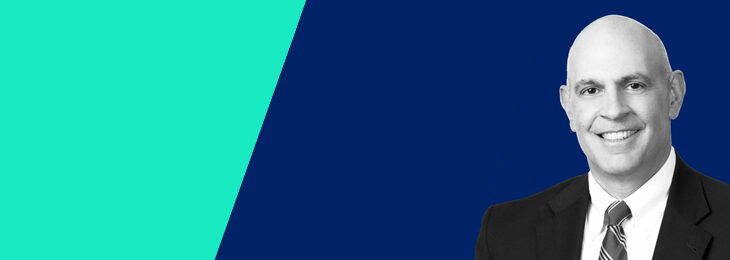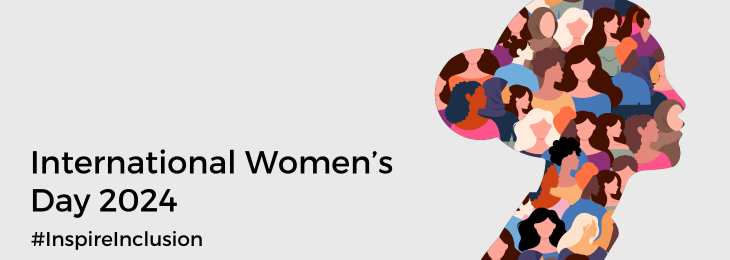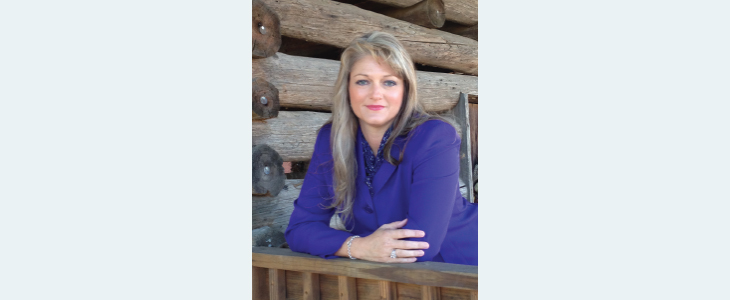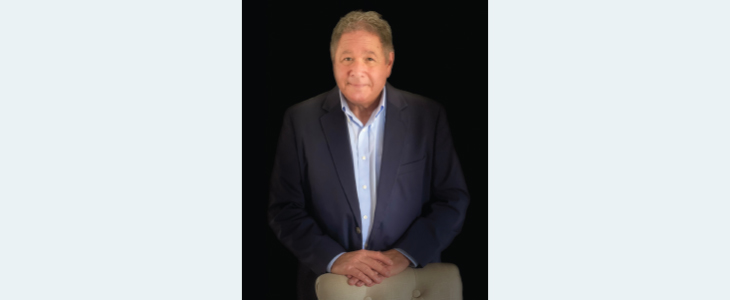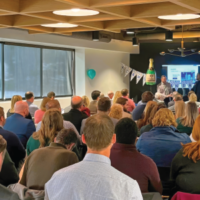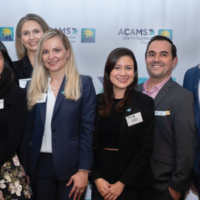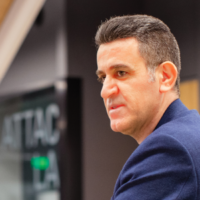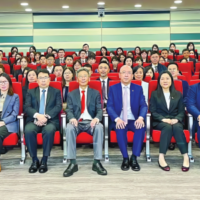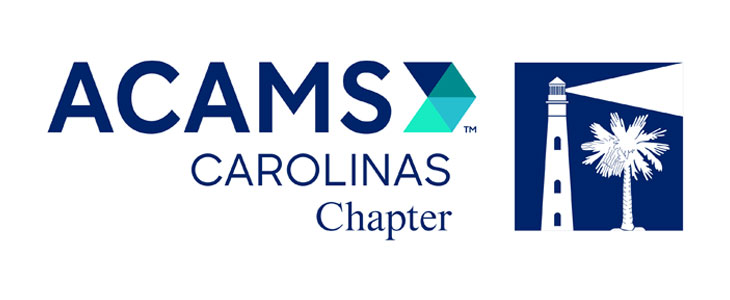
Since the inception of the ACAMS Carolinas Chapter1 in 2012, as the world of anti-money laundering (AML) has evolved, so has this chapter. Flexibility and adaptability are key to staying relevant in the industry. The success of any ACAMS chapter is dependent upon the strength and diversity of its all-volunteer board members working together. The ultimate goal is to serve our members with programming that is relevant and timely while providing an opportunity for collaboration and networking. But how does the chapter effectively accomplish this and measure success? There are no quotas, no magic formulas or foolproof roadmaps for success. There is, however, a combination of sweat equity and a resilient passion for this field of compliance that drives the chapter forward.
To gain a better understanding of the Carolinas chapter and to learn more about how its board operates, we sat down with six board members to get their perspectives. Board members interviewed:
- Jim Arndts (JA), board member since 2015 and co-chair since 2020
- Beth Herron (BH), board member since 2018
- Megan Hodge (MH), board member since 2012 and co-chair since 2016
- Robert Goldfinger (RG), board member since 2012
- Melissa Morelli (MM), board member since 2012
- Dan Soto (DS), board member since inception in 2012 and chapter founder
Melissa Morelli, ACAMS Carolinas Chapter board member
Robert Goldfinger, ACAMS Carolinas Chapter board member
During our interviews, we asked the same set of questions. We were expecting a theme in responses, but it turned out that each person had a vastly different view, and it really illustrated the myriad of brilliant minds and talented assets that sit on the board. The following were our top questions and insightful responses.
What are your reasons for volunteering on the board, and what do you find meaningful?
RG: My personal fulfillment and advancement can only be accomplished by having a service heart, giving and volunteering. With that giving and volunteering, you’ll be more fulfilled and better at what you do. It’s only through putting yourself in the uncomfortable space that you can grow.
JA: In the beginning, it was an opportunity to spend time with people and network across the industry and institutions outside of the one for which I was currently working. As I have matured, it is not just about my connections, but it’s about giving others the opportunity to make connections.
BH: I have been an active member of the chapter since beginning my career in AML and have always felt that it is a valuable resource for both education and networking. Often, we are bogged down in the day-to-day of our jobs, and the chapter provides a reminder of the greater good that our efforts bring and the impact of anti-money laundering/counter-terrorist financing on our communities. The opportunity to hear perspectives from other banking professionals, law enforcement and regulators makes us better at solving the complex problems we face. I volunteer on the board so that others can benefit from the things that I enjoyed as a member.
MH: I love being able to support the local network in North Carolina and South Carolina, and I’m proud of how many experts we have in the AML network (giants in the industry), how generous they are with their time and for the opportunity to share knowledge with each other while supporting the local community.
MM: It’s important to serve—the aspect that it comes from a deeper place in life. It’s important to not just do your job. Being a part of the ACAMS Carolinas Chapter allows the opportunity to be a part of an industry group that is outside of my everyday job so I can ask questions and learn from others.
DS: Volunteering helps me stay on top of what is going on and gives me an opportunity to work with AML professionals that are combating terrorism. Terrorism is not a matter of if, but when.
During your time on the board, what are the most significant changes in the AML or sanctions space that come to mind?
JA: The AML Act of 2020 is the most significant change since the USA PATRIOT Act in terms of how we think about things and determine how we respond. Also, the industry has evolved and matured over time. In the very beginning, this industry was more vendor-led—here is what the regulation is and here is your solution. Since then, we have learned from that and people are now proving concepts and exploring artificial intelligence and machine learning. It’s an interesting evolution to see what drives us. We know enough now to guide the program a little differently. The vendors are now working alongside us to make their products better.
BH: The Joint Statement on Innovative Efforts to Combat Money Laundering and Terrorist Financing has fueled creativity in solving Bank Secrecy Act/AML with advancements in technology. The AML Act of 2020 marks the largest reform since the Bank Secrecy Act was enacted in 1970. We are in exciting times and we have a lot to look forward to in terms of modernization.
MH: I point to the customer due diligence (CDD) rule in the 2017-2018 time period. It was exciting to see it from proposal to implementation and a potential change again in the future with CDD with the enactment of the Corporate Transparency Act.
RG: The most significant change has been the tremendous growth in the amount and utilization of data over the past 13 years. The era of big data has created the need for big banks to pivot and find a use for the data but has also created a challenge for people in financial crimes to have clear support from the technology side, which requires funding.
MM: AML has evolved into financial crime, over time merging fraud and the AML space. There has also been a financial crimes evolution from cybercrime, the dark web, bitcoin and other cryptocurrencies.
DS: The USA PATRIOT Act brought about a change in the public view on know your customer. I held a government position during the passing of the act and recalled just how impactful the government’s role was in changing perspectives and pushbacks from various advocacy groups.
Looking Ahead
During our post-interview reflection, we concluded that chapter success occurs through synergies and the ability to adapt quickly to an ever-changing environment. When we asked the board what challenges and opportunities the chapter will face and has faced in 2022, all agreed that moving back to in-person events and doing it safely for our members is of the utmost importance. As we all try to regain normalcy after the disruption of the COVID-19 pandemic, the chapter recognizes the importance of not forgetting the value learned from virtual events. In 2022, the ACAMS Carolinas Chapter is preparing for a mixture of virtual and in-person events in an effort to continue to serve all members and to provide options. Keep an eye out for an all-day, in-person symposium event the ACAMS Carolinas Chapter is planning later in the year in Charlotte, North Carolina. This daylong event will be an opportunity to learn, network and connect again with a renewed sense of community. We are excited for what is ahead and seeing our friends, colleagues and chapter members in person for the first time in more than two years!
Interviewed by: Allison Snyder, CAMS, board member, ACAMS Carolinas Chapter, training officer, Wells Fargo Securities, LLC
Iris Smith, CAMS-Audit, associate board member, ACAMS Carolinas Chapter, chief AML and Sanctions Officer, TIAA, NC, USA
- For more information on the ACAMS Carolinas Chapter, please visit: https://www.acams.org/en/chapters/united-states-southeast/carolinas-chapter#overview-f5d25788.





